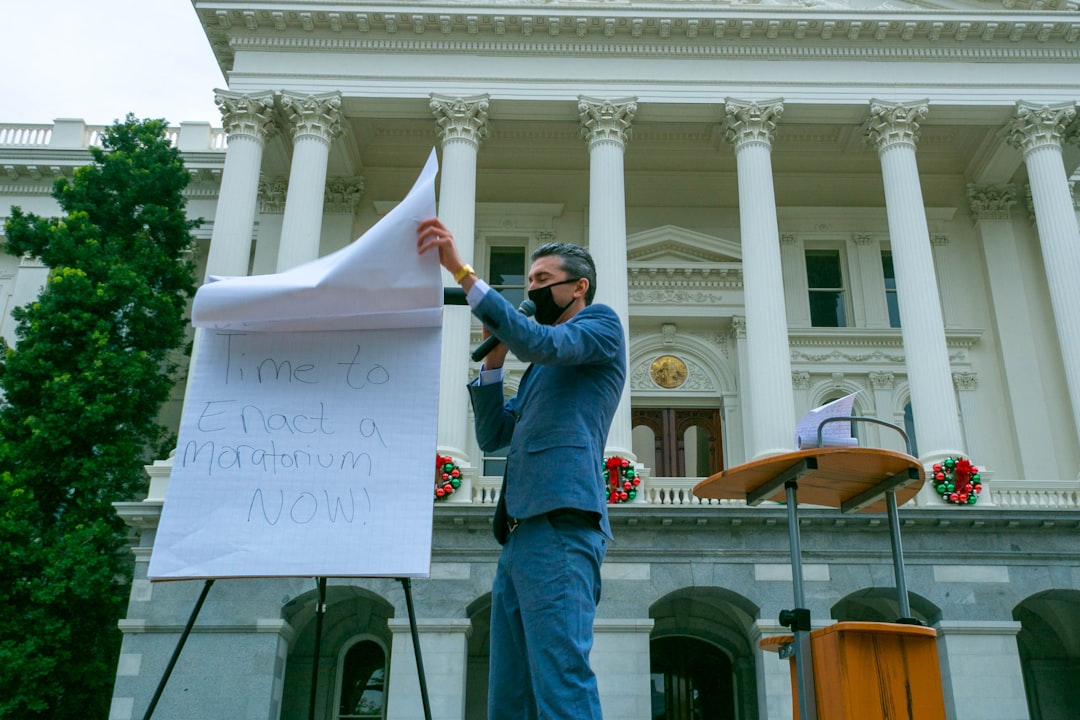What is it about?
We make a case for structured reflective practice for improving third-party interventions and mediation decision-making and outcomes. We propose that a lack of awareness of the automatic, intuitive nature of judgments that dominate the fast-paced and uncertain mediation circumstances risks a proper treatment of implicit social-psychological matters driving conflict and suitably addressing substantive issues. Implicit matters include parties' feelings about themselves and relational and process-related issues. The quality of intuitive unconscious decisions could improve through conscious structured reflective practice. This reflection presents a learning opportunity to gain an awareness of unconscious judgments and advance a beneficial interplay between conscious and unconscious processing. To support the significance of conscious, reflective practice for improving automated decisions in third-party interventions and mediation, we present the context of mediation and findings on cognitive processing, intuitive decision-making, expertise, and reflective practice. Empirical findings in negotiation, management, and medicine confirm the effectiveness of structured reflective practice. A research-based, four-dimensional Structured Reflective Instrument (SRI) developed by Tzofnat Peleg-Baker is offered. It was designed to systematically help mediators improve judgments, particularly the response to implicit mediation goals and outcomes. We provide an example of one dimension of the SRI in the Appendix.
Featured Image

Photo by Alex Vasey on Unsplash
Why is it important?
Reflective practice (RP) has gained widespread attention within the community of conflict resolution practitioners to improve the quality of their practices. In response to this increasing interest in RP, we make a case for structured RP for improving third-party interventions and mediation decision-making and outcomes. The extensive research in various fields we reviewed supports the likelihood of automatic judgments dominating third-party intervention processes like mediation and that they may be biased and flawed, deviating mediators and parties from attending significant goals. Additional studies examined reinforce the potential contribution of continuous learning, specifically structured reflection, to improving mediators' judgments. Based on this research, a Structured Reflective Instrument (SRI) was developed as a practical tool to guide the reflection of third-party interveners, individually and in peer groups, to improve the quality and effectiveness of their professional practice.
Perspectives
This article integrates a large body of literature in psychology (cognitive processing, the interplay between conscious and unconscious systems, decision-making, and expertise), human development, conflict management, and mediation to make a case for the effectiveness of structured reflection in improving practice and outcomes.
Tzofnat Peleg-Baker
Inclusive Conflict International
Read the Original
This page is a summary of: A structured reflection for improving third party interventions and mediation practice: Reconsidering debrief, Conflict Resolution Quarterly, September 2022, Wiley,
DOI: 10.1002/crq.21361.
You can read the full text:
Contributors
The following have contributed to this page










